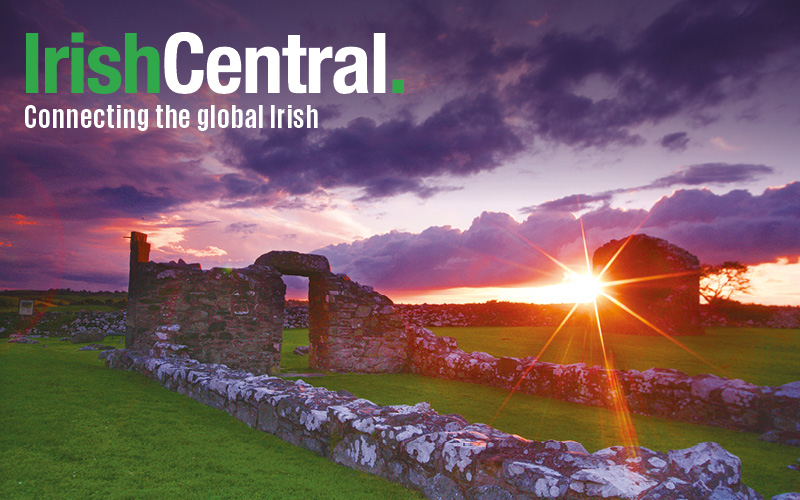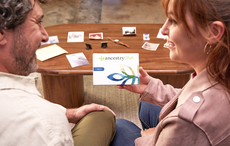In this IrishCentral series, we look at the process of starting to play an instrument in the traditional Irish style that you'll find in seisiúins around world.
This guide is written from a beginner's perspective, by a beginner, and doesn't cover in-depth topics for each instrument.
In the first part of the series, we looked at choosing an instrument while the second part gave some advice for finding a teacher. Part three outlined the basic differences between the various traditional tunes and some recommendations to get you started.
In part 4, we will look at the online communities and resources that can support you in your efforts.
If you have additional tips and tricks you think a beginner player should consider, let us know in the comments below.
Part four: Communities and resources
By now, you’ve chosen an instrument, started learning, and taken a bash at some of your first tunes. Congratulations! The questions you’ll have from here on out will be specific to your instrument or particular tunes.
To help you on your way, we’ve collected some online resources you may find helpful on your trad adventure.
Session Etiquette:
Your first session can be daunting. Should you ask to play? Should you be loud or quiet? Are people going to be friendly? Christopher from trad band Blackthorn Folly wrote this fantastic guide to session etiquette, which should answer any questions the beginning musician has.
Session Etiquette: a general guide
Finding a session:
The Session is a fantastic website, and one of the services they run is maintaining a database of, well, sessions. When you visit the database, watch out for a little bar on your internet browser asking for your location. Once you agree, it’ll show you nearby sessions. Or you can simply search as normal.
They also have an events section for festivals and occasions.
http://thesession.org/sessions
Tunes:
Again, The Session has an excellent tune database, written in simple ABC notation, so there’s no need to be able to read music. They also have MIDI music files so you can hear what the tune sounds like.
Irish Traditional Music Archive
The ITMA was launched in 1991, and keeps a catalog of Irish music and associated documents. It’s a reference catalog more than anything else but very useful if you’re trying to track down a very specific record.
Forums and message boards:
Boards.ie is Ireland’s largest forum site, and the Trad board is reasonably active, with new posts every day or two. It’s mainly Ireland-based, but take a look around if you’re abroad - there’s a wealth of information in there.
http://www.boards.ie/vbulletin/forumdisplay.php?f=465
Chiff and Fipple is the ultimate tin whistle forum. The enthusiasts there can answer any question, but it’s not for the faint of heart - these guys are serious whistle enthusiasts!
http://forums.chiffandfipple.com/
Subreddits:
Reddit is a website with a simple idea: people post up things they think are interesting, and there’s an "up" button and a "down" button to vote with. The idea is the best stuff floats to the top.
The site is made up of thousands of niche interest subreddits, and there are some truly great ones for musicians. You can sign up for an account and ask questions, comment on links, and share knowledge.
And there are many more. You can search for topics and subreddits using the search bar in the top right.
Comhaltas:
Apart from being one of the best ways to find a teacher, Comhaltas sells books and CDs and runs an education program for teachers.
TradConnect:
TradConnect is a kind of social network for trad students and teachers. The site aims to connect musicians to others near them, to open up opportunities for forming sessions, or finding students or a teacher.
Irish Music Magazine:
Irish Music Magazine is pretty self-explanatory. It covers news and events from the trad world, including upcoming festivals and listings, and interviews with major players. But it also has recommended listening and album reviews - very useful for those starting out to train their ear.
http://www.irishmusicmagazine.com/
TunePal iPhone app:
TunePal is an app that will record a piece of music being played, compare it to a database, and try to guess what it's called. It can tell you what the likelihood is, and even provide links to the notes if you want to play it. Unfortunately, it's not free, and it's only for iPhone, but could be very useful in a session.
This selection of resources is only the tip of the iceberg. The internet is enormous, and there are a thousand opportunities out there to meet like-minded people. Explore, and find a community that works for you.
As helpful as online groups can be, don't forget that playing with other musicians is the very best way to improve your skills - and have fun doing so.
If you missed the first three parts of the series, you can look back at them here:
If you've any further advice, leave your thoughts in the comments section below.
*Originally published September 2013.




Comments